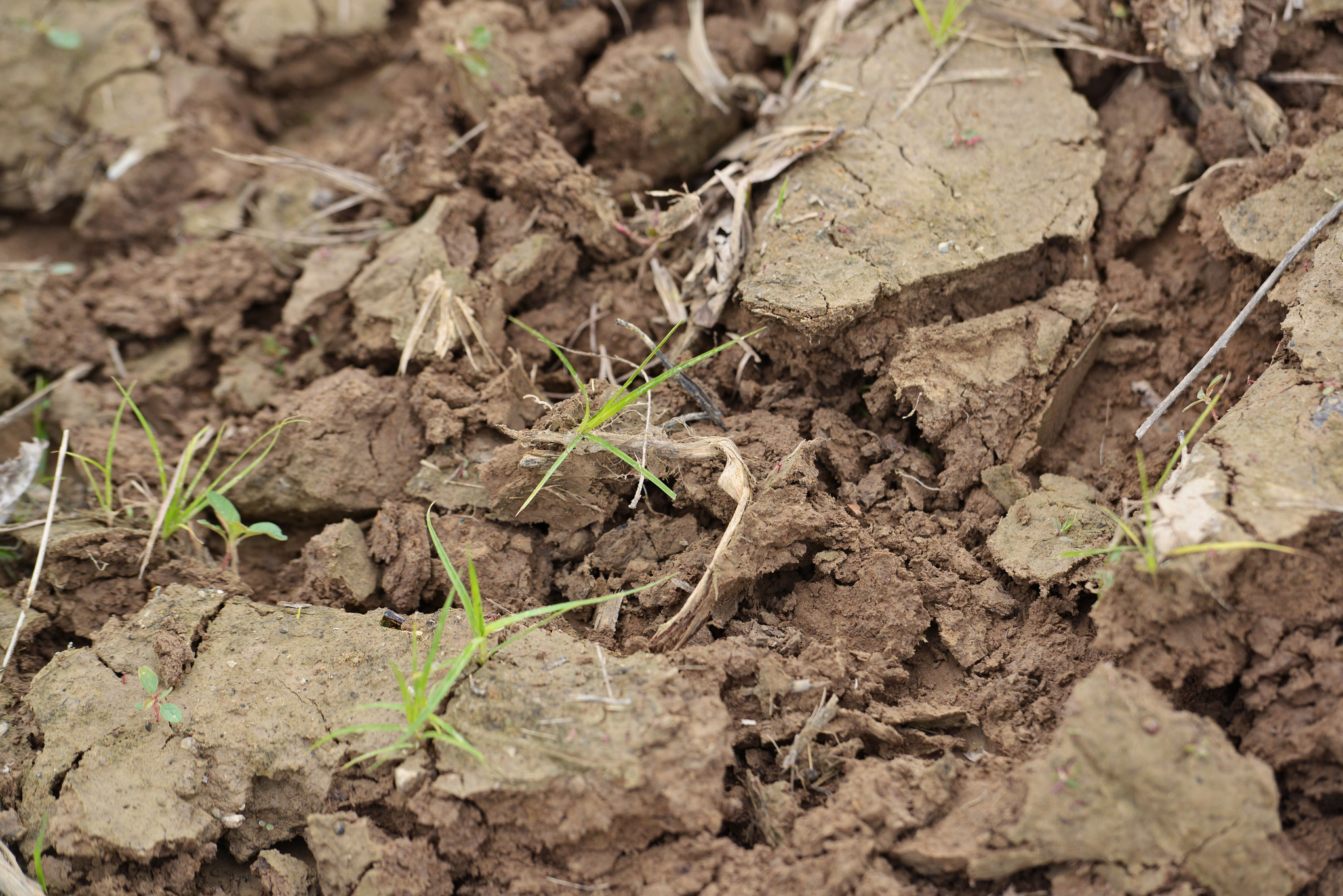Environmental Audit Committee releases report on soil health
The House of Commons Environmental Audit Committee (EAC) has today released the report of its inquiry into soil health, calling on the Government to “place soil protection at the heart of environmental policy” and make it a key component of Defra’s 25-year plan for the environment.

The EAC makes four major recommendations for Government action: restoring funding for cleaning up contaminated land, developing specific plans for increasing soil organic carbon, better incentivising agricultural soil health, and implementing a national soil monitoring programme.
Investing in long-term monitoring
A soil strategy incorporating a “long-term commitment to monitoring and securing soil condition” was a key recommendation of our evidence submission to the inquiry, and we welcome the EAC’s endorsement of the need to improve our knowledge of the state of our soils. The report argues that “the lack of an ongoing monitoring scheme undermines the Government’s goals to manage soils sustainably” and suggests a national-scale programme in England, informed by the Welsh Government’s Glastir Monitoring and Evaluation Programme.
As both the report and our evidence make clear, the UK possesses a wealth of scientific expertise in soil science and monitoring, with a number of options for methods and appropriate indicators already established. In our evidence we emphasised the importance of not relying on a single indicator for soil health, and that a monitoring programme should incorporate biological, chemical and physical indicators.
Strengthening agricultural incentives
The report also cites our evidence in relation to the incentives and regulations governing agricultural soil protection. Defra’s key mechanism for ensuring good agricultural soil health is cross-compliance rules under the Common Agricultural Policy, namely the Good Agricultural and Environmental Condition (GAEC) requirements. In our evidence we pointed to some of the gaps in these guidelines, for example around soil fauna, microbiodiversity and structure.
The EAC highlights many examples of the limitations of current cross-compliance requirements – the detail of which are determined by Member States, not the EU – as incentives to proactively promoting soil health rather than simply limiting the most damaging practices. The EAC recommends that the Government consult on proposals to increase the ambition of cross compliance to promote agricultural soil health, creating requirements and incentives focused on restoration and improvement of soil quality. The report also draws attention to the sometimes perverse incentives currently on offer – for example to grow potentially soil damaging maize for anaerobic digestion – and calls for more joined-up Government thinking.
Increasing soil carbon and cleaning up contaminated land
One focus for improving agricultural soil health could be increasing soil carbon levels. Soil carbon loss is a significant contributor to greenhouse gas emissions, and in the UK, peatland degradation accounts for a substantial portion of this loss. The EAC asks the Government to set out specific actions to achieve the target endorsed within the Paris climate change agreement to increase soil carbon levels by 0.4% per year, including further concrete steps to promote peatland restoration.
Finally, the EAC is strongly critical of Defra’s decision to phase out Capital Grant funding for local authorities to clean up contaminated land, from a peak of £17.5 million in 2009/10 to an anticipated zero by 2017. The report expresses fears that without this funding stream, local authorities will be unable to meet their statutory duties to remediate contaminated land. It calls for funding to be restored to previous levels, and for the impact of its withdrawal to be properly evaluated.
Looking forward to the 25-year plan
We are strongly encouraged by the Environmental Audit Committee’s ecological perspective on soil health: that “we must move away from treating soil merely as a growth medium and treat it as an ecosystem in its own right”. Yet the critical question is how the Government now responds to this report.
In our evidence submission to the inquiry, we stated that including soil health in Defra’s forthcoming 25-year plan for the environment, and where relevant in the plan for food and farming, was essential. The EAC has provided a number of suggestions as to how this could be done: setting out actions to increase soil carbon, tackling peatland degradation, a cross-departmental approach, and establishing a monitoring programme.
A draft framework for the 25-year plan is expected in the summer, following the EU referendum. If the Government is to achieve its stated aim of managing all soils sustainably by 2030, clear commitments within the plan to improving soil health will be crucial.
Like what we stand for?
Support our mission and help develop the next generation of ecologists by donating to the British Ecological Society.